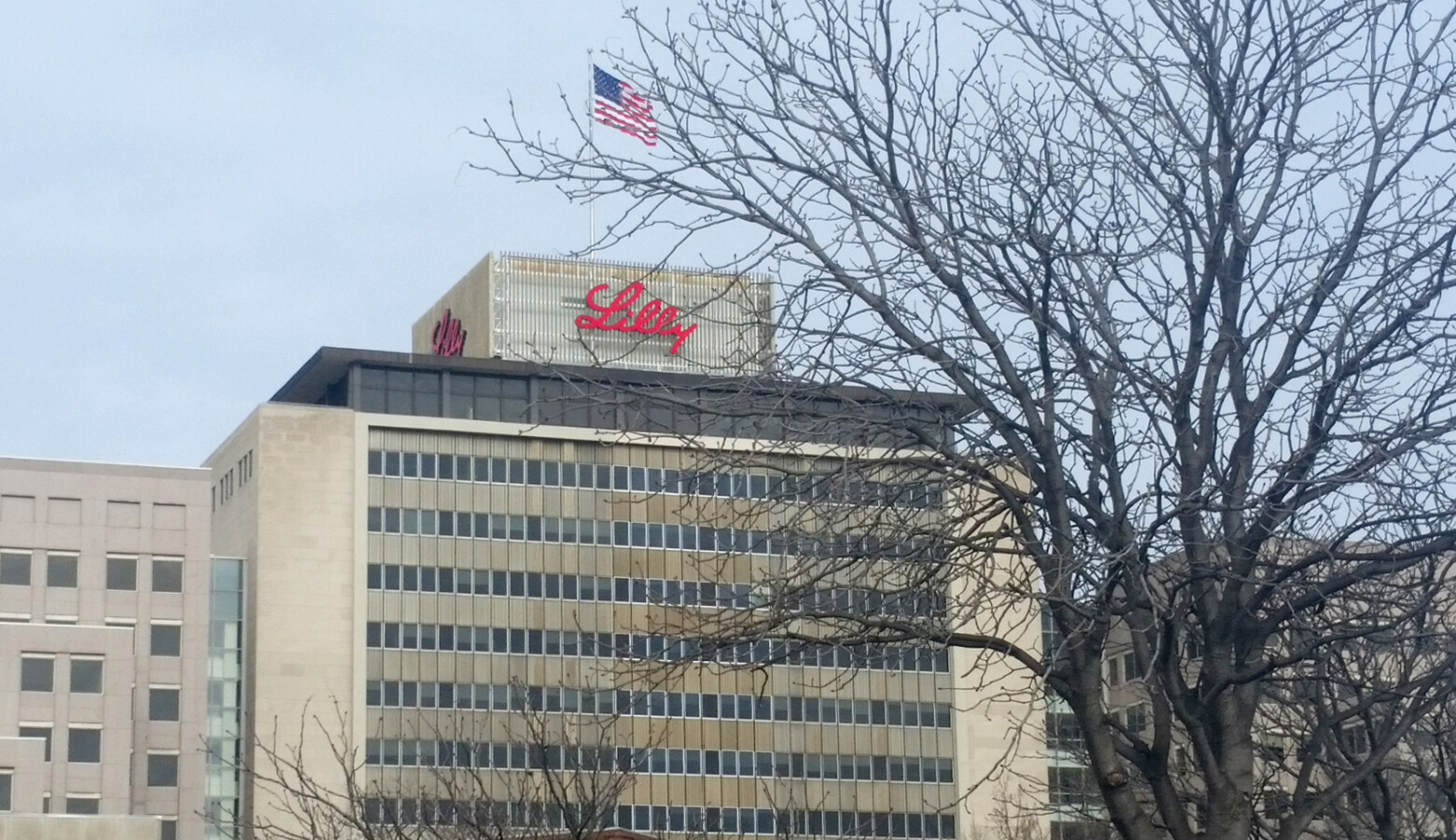Eli Lilly Announces World’s First Potential COVID-19 Antibody Treatment Study

Eli Lilly and Company has begun what it calls the first study in the world for a potential COVID-19 antibody treatment for humans.
In phase one of the study, hospitalized COVID-19 patients are being dosed at medical facilities to closely track safety and response to the treatment, with initial results expected in about one month.
While medications currently on the market have been repurposed to fight COVID-19, Lilly’s Chief Scientific Officer and President of Lilly Research Laboratories Daniel Skovronsky says this new treatment is specifically focused on treating the virus, and a survivor’s blood was used to develop it.
“Together with our collaborator AbCellera, we were able to obtain a specimen of their blood and look across millions of cells in their blood to find hundreds and hundreds of antibodies against COVID-19 that this patient had made to help them fight off the infection,” says Skovronsky. “We actually were able to test each of them and pick the best one.”
He says while only one in 10 or fewer drugs that enter clinical trials are successful, the treatment has already gone into large-scale production.
“It’s absolutely true that there’s a chance that the drug won’t work, and we’ll have wasted all of that resources in manufacturing it,” says Skovronsky. “On the other hand, if we don’t do that today, there’ll be a gap in time from when we get the data to when we have doses available to treat patients, and we can’t afford to take that.”
Pending study results, the next step would be to test the treatment on people outside the hospitals. If the drug shows positive results, the goal would be to have several hundred thousand doses available by the end of the year.
